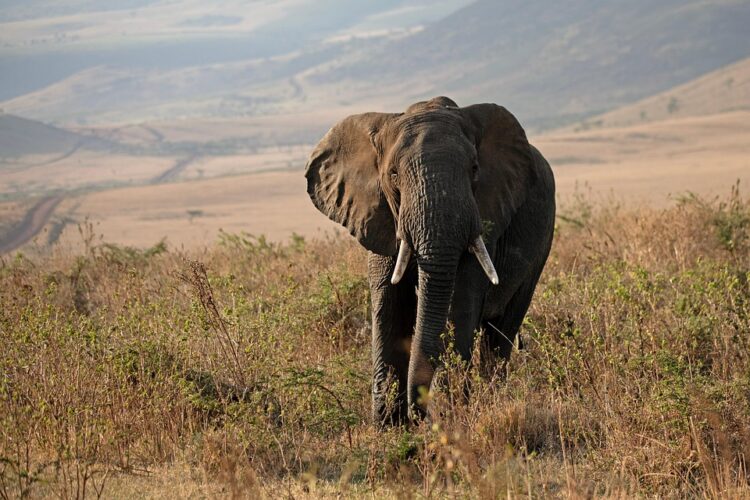[ad_1]
Preserving Our Planet: The Urgency of Conservation Efforts
As our world faces the looming threat of climate change and environmental degradation, the need for conservation efforts has never been more pressing. From deforestation to pollution, our planet is suffering from the consequences of human actions. It is essential that we take immediate steps to protect and preserve our natural resources for future generations.
The Importance of Conservation
Conservation is the practice of protecting and preserving the environment and its resources. It involves the sustainable use of natural resources, the protection of biodiversity, and the restoration of degraded ecosystems. Conservation efforts are essential for maintaining the balance of ecosystems, ensuring the survival of endangered species, and mitigating the impacts of climate change.
Protecting Biodiversity
Biodiversity is the variety of life on Earth, including all plants, animals, and microorganisms. It is essential for the health of ecosystems and provides important ecological services, such as pollination, nutrient cycling, and pest control. Conservation efforts help protect biodiversity by preserving habitats, preventing the extinction of species, and promoting sustainable practices.
Restoring Ecosystems
Ecosystems are complex networks of plants, animals, and microorganisms that interact with each other and their environment. When ecosystems are degraded or destroyed, the services they provide, such as clean air and water, are compromised. Conservation efforts aim to restore ecosystems by replanting forests, cleaning up polluted waterways, and reintroducing native species.
The Threat of Climate Change
Climate change is one of the most significant challenges facing our planet today. The burning of fossil fuels, deforestation, and industrial activities have led to an increase in greenhouse gas emissions, resulting in rising global temperatures, melting ice caps, and more frequent extreme weather events. Conservation efforts are crucial for mitigating the impacts of climate change and building resilience in ecosystems and communities.
Reducing Carbon Footprint
One of the key ways to combat climate change is by reducing our carbon footprint. This can be achieved through energy conservation, sustainable transportation, and the use of renewable energy sources. Conservation efforts play a vital role in promoting these practices and reducing the emissions that contribute to global warming.
Adapting to a Changing Climate
As the impacts of climate change become more severe, it is essential that ecosystems and communities adapt to these changes. Conservation efforts can help build resilience by restoring natural habitats, protecting vulnerable species, and implementing sustainable land management practices.
The Role of Conservation Organizations
Conservation organizations play a crucial role in protecting our planet and promoting sustainable practices. These organizations work to raise awareness about environmental issues, advocate for policy changes, and implement conservation projects on the ground. By supporting these organizations, individuals can contribute to the preservation of our natural resources and the protection of biodiversity.
Collaboration and Partnerships
Conservation efforts are most effective when they involve collaboration and partnerships between governments, NGOs, businesses, and local communities. By working together, these stakeholders can pool their resources, expertise, and knowledge to achieve common conservation goals. Collaboration also helps build support for conservation initiatives and ensures their long-term success.
Educating and Empowering Communities
Empowering local communities to participate in conservation efforts is essential for achieving sustainable outcomes. Conservation organizations can provide training, resources, and support to help communities protect their natural resources and improve their livelihoods. By involving communities in conservation projects, organizations can ensure that their efforts are culturally appropriate, socially inclusive, and environmentally sustainable.
Conclusion
Preserving our planet is a collective responsibility that requires urgent action from individuals, communities, and governments. Conservation efforts are essential for protecting our natural resources, mitigating the impacts of climate change, and ensuring a sustainable future for all. By supporting conservation organizations, advocating for policy changes, and adopting sustainable practices in our daily lives, we can all contribute to the preservation of our planet for future generations.
Let us all work together to preserve our planet and create a more sustainable and resilient world for ourselves and for future generations.
[ad_2]












